-
Bubble. Bubble. Bubble!
-
Yes, we’re probably in an AI bubble, say smart people. (Some of whom are in AI.)
-
But this one doesn’t have the same cultural feel as previous bubbles. What does that tell us?
Are we in an AI bubble?
On the one hand, lots of people think we’re in an AI bubble. Including Sam Altman, whose OpenAI may be the single largest cause, and beneficiary, of the AI bubble.
On the other hand … vibes?
By which I mean: I’ve been in bubbles before. On paper, this most definitely reads like one. In the real world, it feels like something else.
My first bubble was the late ’90s dot-com boom, which was a real hoot for quite a while: awesome launch parties for companies you’d never heard of; great Super Bowl ads. But mostly the sense that everyone you knew was investing in dot-com stocks because that was easy money. Sports bar TVs were tuned to CNBC.
A few years later, after we all sobered up and promised not to fall for that again, we did it all over again. This time with houses. No parties this time (at least none I was invited to), but everyone wanted to talk your ear off about their five-year ARMs, and how they’d already flipped a house and were getting ready to do it again.
And then we did it again, with crypto during the pandemic. That one brought us a new round of Super Bowl ads, and a wave of people insisting that Solana or Doge or whatever was going to be the next bitcoin. Even worse, some of these people insisted that crypto was for more than just betting on — you could actually build the future with it. (While we’ve moved on from that moment culturally, we should also note that crypto’s biggest boosters have seen their political influence shoot up dramatically in the last year.)
The point being that these were all bubbles you could read about, and document using financial metrics. But you could also just feel them, in ordinary life — even if you weren’t wrapped up in dot-com IPOs or ninja loans, you knew people who were, and they wouldn’t stop yapping about them.
And today, AI is most definitely in the discourse: “How bad is AI going to screw us over?” is frequently replacing “What shows are you streaming these days?” as a conversation starter/filler for me and my middle-aged pals.
But right now, unless you’re in a very specific industry or part of the world — like the kind where you turn down $100 million job offers from Mark Zuckerberg because you’re holding out for $250 million — it just doesn’t feel that bubbly.
Because it’s not. At least, not in the way past bubbles were.
-
Bubble. Bubble. Bubble!
-
Yes, we’re probably in an AI bubble, say smart people. (Some of whom are in AI.)
-
But this one doesn’t have the same cultural feel as previous bubbles. What does that tell us?
Are we in an AI bubble?
On the one hand, lots of people think we’re in an AI bubble. Including Sam Altman, whose OpenAI may be the single largest cause, and beneficiary, of the AI bubble.
On the other hand … vibes?
By which I mean: I’ve been in bubbles before. On paper, this most definitely reads like one. In the real world, it feels like something else.
My first bubble was the late ’90s dot-com boom, which was a real hoot for quite a while: awesome launch parties for companies you’d never heard of; great Super Bowl ads. But mostly the sense that everyone you knew was investing in dot-com stocks because that was easy money. Sports bar TVs were tuned to CNBC.
A few years later, after we all sobered up and promised not to fall for that again, we did it all over again. This time with houses. No parties this time (at least none I was invited to), but everyone wanted to talk your ear off about their five-year ARMs, and how they’d already flipped a house and were getting ready to do it again.
And then we did it again, with crypto during the pandemic. That one brought us a new round of Super Bowl ads, and a wave of people insisting that Solana or Doge or whatever was going to be the next bitcoin. Even worse, some of these people insisted that crypto was for more than just betting on — you could actually build the future with it. (While we’ve moved on from that moment culturally, we should also note that crypto’s biggest boosters have seen their political influence shoot up dramatically in the last year.)
The point being that these were all bubbles you could read about, and document using financial metrics. But you could also just feel them, in ordinary life — even if you weren’t wrapped up in dot-com IPOs or ninja loans, you knew people who were, and they wouldn’t stop yapping about them.
And today, AI is most definitely in the discourse: “How bad is AI going to screw us over?” is frequently replacing “What shows are you streaming these days?” as a conversation starter/filler for me and my middle-aged pals.
But right now, unless you’re in a very specific industry or part of the world — like the kind where you turn down $100 million job offers from Mark Zuckerberg because you’re holding out for $250 million — it just doesn’t feel that bubbly.
Because it’s not. At least, not in the way past bubbles were.

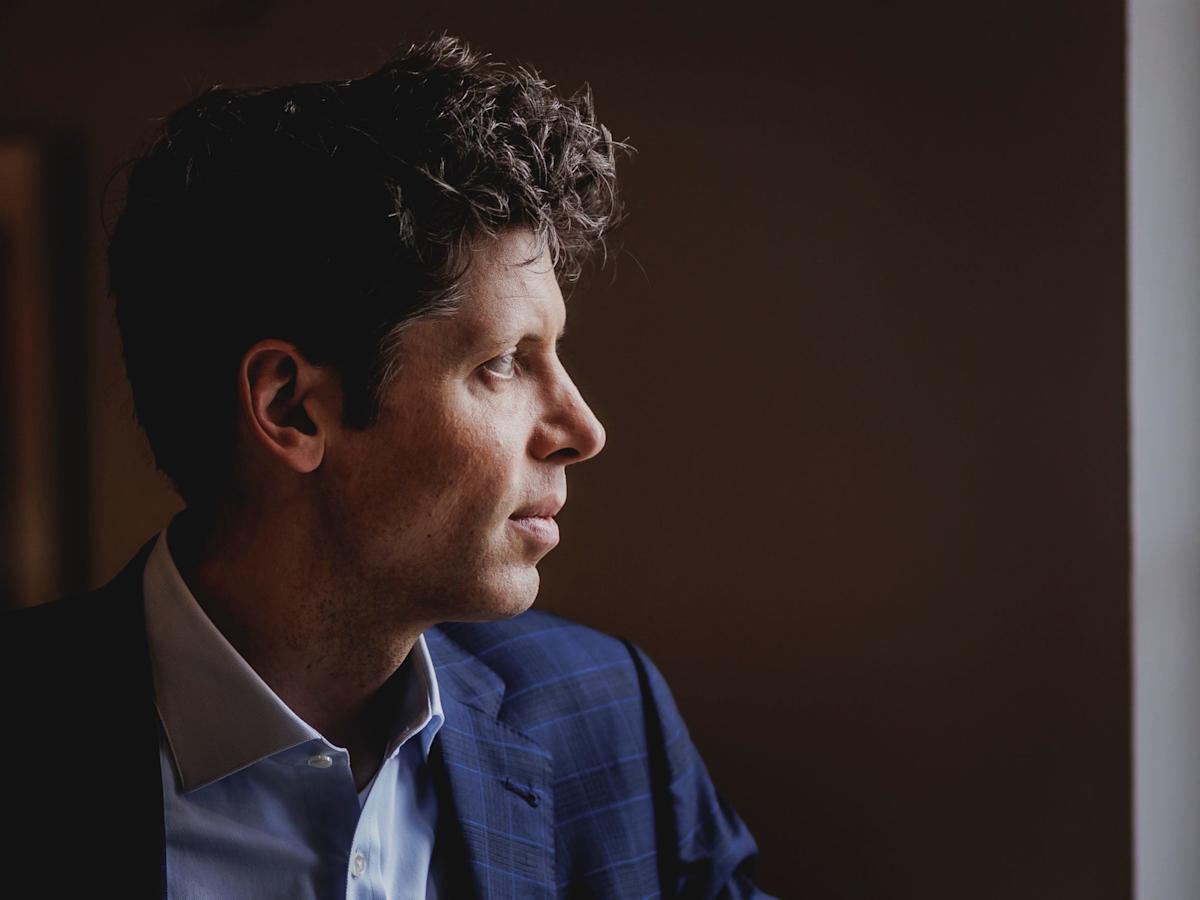


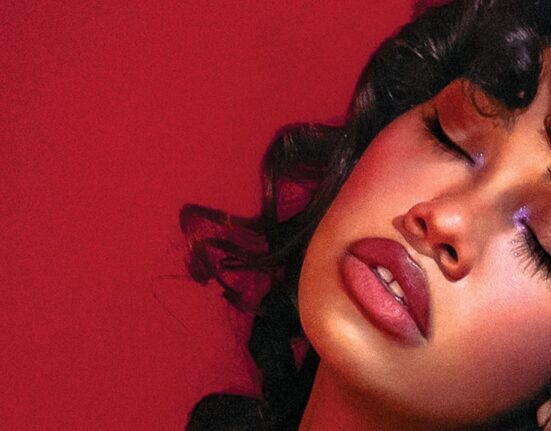
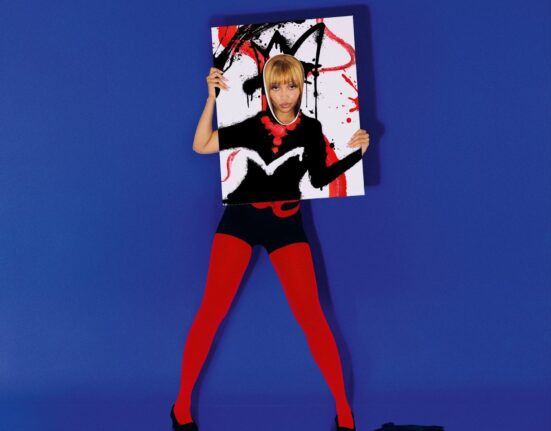
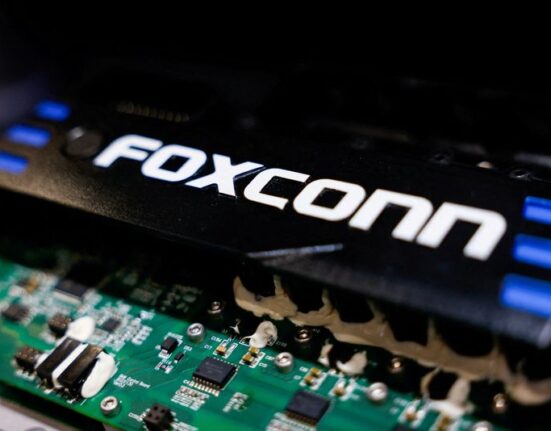
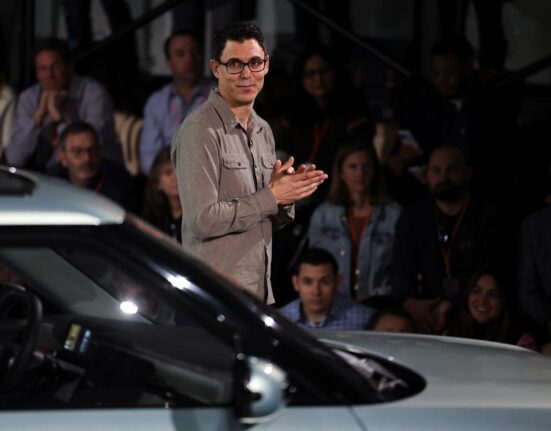

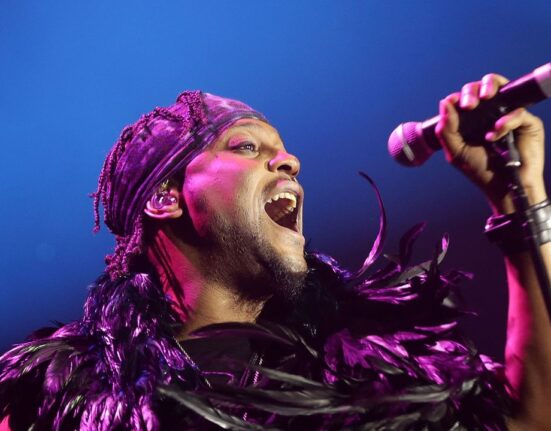
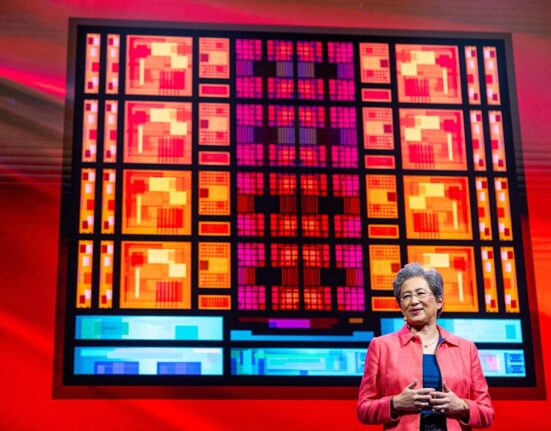
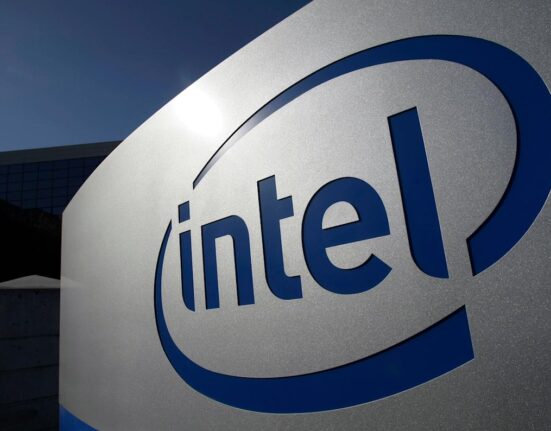
Leave feedback about this